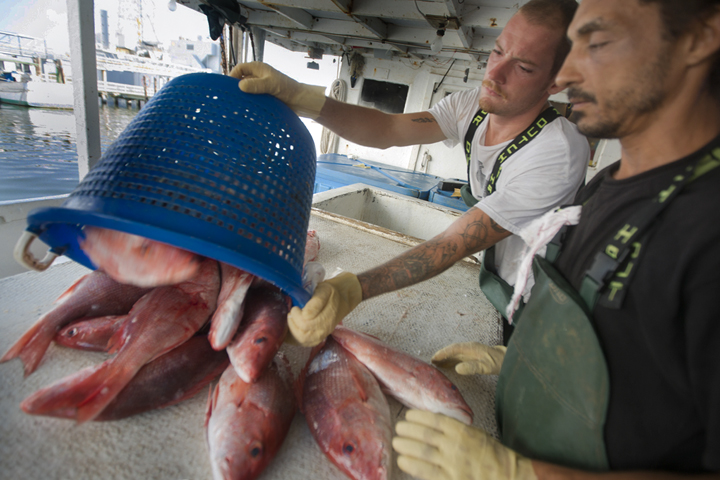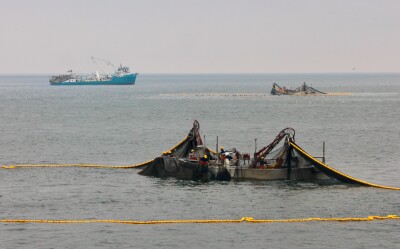If you are not tracking changes to the Magnuson-Stevens Act, it’s time to put it on your radar. Washington lobbyists working for the recreational fishing industry are trying to rewrite America’s fisheries laws to serve their own interests, and commercial fishermen could be left at the dock.
Gulf Coast groups that once were grass-roots conservationists are now a multi-million-dollar advocacy business — complete with a political action committee funded by recreational marine manufacturers. This PAC is lobbying hard to change Magnuson, and the results are two new bills in Congress — S. 1520 and H.R. 200.
Among many, many changes, each of these acts “modifies the annual catch limit requirement to allow for more adaptive approaches” to “increase access” for recreational anglers. And most importantly for commercial fishermen, they allow for reallocation based on “socioeconomic benefits.” This is a zero-sum taking that will affect commercial fisheries. Eric Brazer said it well here in “Sustainability in the crosshairs” (NF Oct. 2017):
“Reallocating more fish to the recreational sector at the expense of the commercial sector does nothing to solve the fundamental problems… Nobody knows precisely how many recreational red snapper fishermen there are or how many fish they catch.”
Here is some background on how “increased access” for recreational anglers will work: Last year these same lobbyists rewriting Magnuson convinced the Department of Commerce to extend the Gulf of Mexico recreational red snapper season by 39 days. One spokesman claimed:
“There was an assumption that the recreational fishermen were going to blow their quota completely out of the water during this 39-day season… We can have more opportunity — and still manage the fish conservatively.”
Well, after 39 days of “increased access” recreational fishermen blew their quota completely out of the water. The most recent NOAA data now shows recreational anglers killed 217 percent of their annual catch target in 2017. They have overfished nine out of the last 10 years, while the commercial sector has remained accountable and stayed under quota every year.
Regardless of last year’s overfishing, on April 17, Commerce worked within the existing Magnuson framework to grant two-year fishing permits that will enable gulf states to set fishing seasons and monitor landings. Federal managers retain oversight, but the trend is clear — the recreational lobby is working hard to take control.
After more than 40 years of hard work, Magnuson is the right framework to bring our fish stocks back from the edge of collapse. But in the event these new laws pass, recreational interests may still use “increased access” to expand private quotas nationwide. Recently in Virginia, when commercial fishermen asked for a tagging program on striped bass to hold the recreational sector accountable, their proposal was voted down. All sectors should share in the accountability, not just commercial fishermen.
Rather than throwing out 40 years of rebuilding, let us instead keep working for long-term sustainability. Abundant fisheries that support wild, sustainable stocks are good business.
So let us preserve our future with: funding for more assessments; broadened recreational reporting to improve science; ecosystem analysis to adjust for migrating stocks; and fair-minded updates to catch shares programs. The bottom line is to reject these recreational rewrites to Magnuson to hold the line on sustainable management for all sectors.
So call your federal representative. Tell them you’re a hard-working, taxpaying foundation of your coastal economy and you’re worried about your family’s future. Tell them you don’t want to lose your business to the recreational loopholes in H.R. 200 and S. 1520. Ask your representative to vote no on these bills, and vote to reauthorize Magnuson to preserve sustainable, wild fish stocks for all Americans. Your voice will make a difference.







